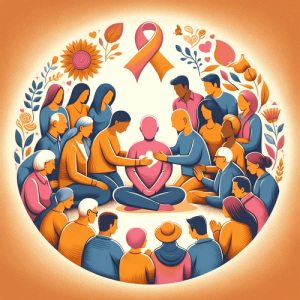Compassionate Conversations: Supporting Someone Newly Diagnosed with Cancer
When someone receives a cancer diagnosis, their world changes drastically, and understanding their perspective is vital for providing meaningful support. Initially, they may experience shock, denial, fear, and a fluctuating range of emotions, including a strong desire for normalcy. Effective communication is key; express genuine concern, offer specific help, and acknowledge their






